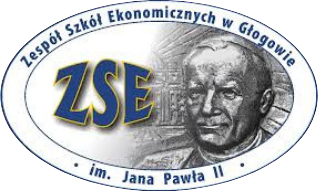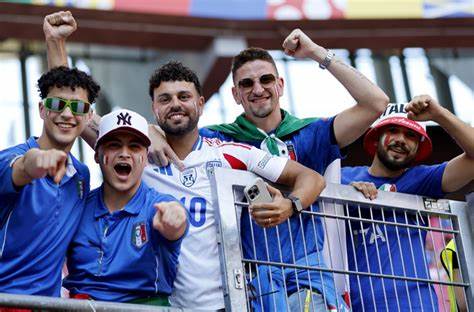Introduction: more than a game In Italy, soccer is much more than just a sport. It is a real part of the national identity. Soccer permeates all social layer, unites generations and is a source of emotion that is as strong as the games themselves. In Italian stadiums, fans don’t just cheer their favorites, they live every action on the field. What is considered a game on other continents, for Italians is part of their everyday life. Arrigo Sacchi, former coach of the Italian national team, perfectly captures the spirit of the sport: „Soccer is the most important thing among unimportant things.” Soccer in Italy is not just entertainment. It is a true philosophy of life-both on and off the field.
1. Cultural heritage and symbolic role of football
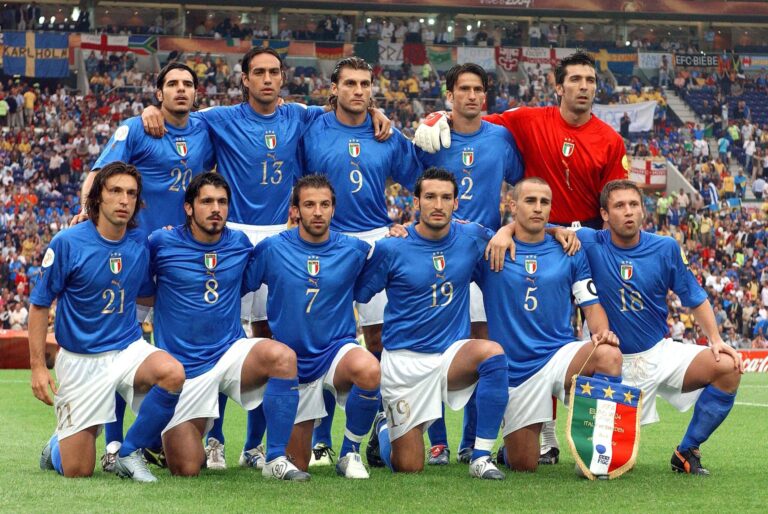
Cultural heritage and symbolic role of football: football in Italy is more than just sport- it’s art, theatre and sometimes even religion . Italian approach to football has it’s own roots in deep tradition which goes beyond simple goal counting. The game became an element of national identity . Each game is like a little spectacle, and the results, especially for the national team, can influence the national mood for days. Francesco Totti- legend AS Roma, summed up this emotional connection perfectly: ” A football game with feet is one, but a football game with heart is something else” Italians doesn’t treat football only like a sport. It’s a way to express themselves- through their clubs, their city, their colors. Each goal is like a moment of ecstasy, each failure- national drama. Calcio is a ritual, that unites, but also separates. Keeps up balance in country’s heart, witch is full of contrasts – from the wealthy north to the poor South.
2. Social functions of football

Football in Italy it also serves as a social safety valve. It’s time, when Italians forgets about daily problems and they are engaging in the big game. Stadium is a place, where emotions are rising, but also social divisions are expressed. It’s not only a sport. It’s interpersonal communication in its purest form. Italians are living for football, because they want to. As Sandro Mazzola, a former Milan player, emphasized: “Without passion football wouldn’t make sense. It is what drives the players and fans.” It is this passion that makes football in Italy more than just a sporting result. It’s a way to to relieve stress, to unite in the face of a common goal. Italy is a country full of emotion, and football is their main canal.
3. Tifosi, or Italian fan culture
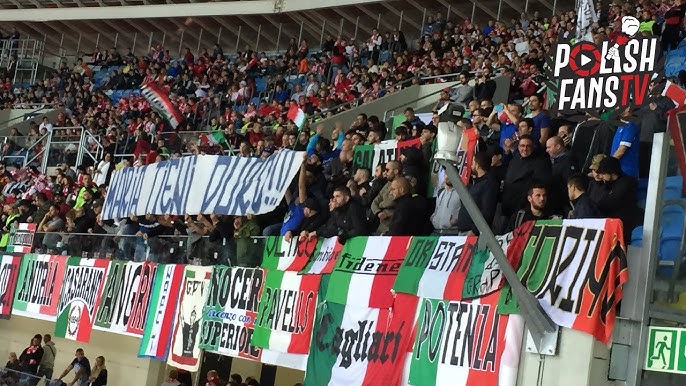
The phenomenon of the Italian fan is incomparable to any other sport in the world. Tifosi – because that’s what Italian fans are called – they’re not only fans their own team. They’re people, that lives for their clubs, who attach themselves to them asfamily. It is a phenomenon of tribalism, where each city has its own club colors, and each goal carries stories and emotions that last for generations. It is among the tifosi that you can see the most intense and sincere reactions – joy, pain, love. Italians live and breathe with football. What started as a kind of sports competition has become a cultural ritual. Gianni Brera, well-known Italian sports journalist, wrote: “Catenaccio is the art of defense, which made Italy world champions.” This statement shows perfectly, how deep football and supporter culture are related to the Italian character – both on the pitch and in the stands.
4. Locality and tribalism - clubs as tribes
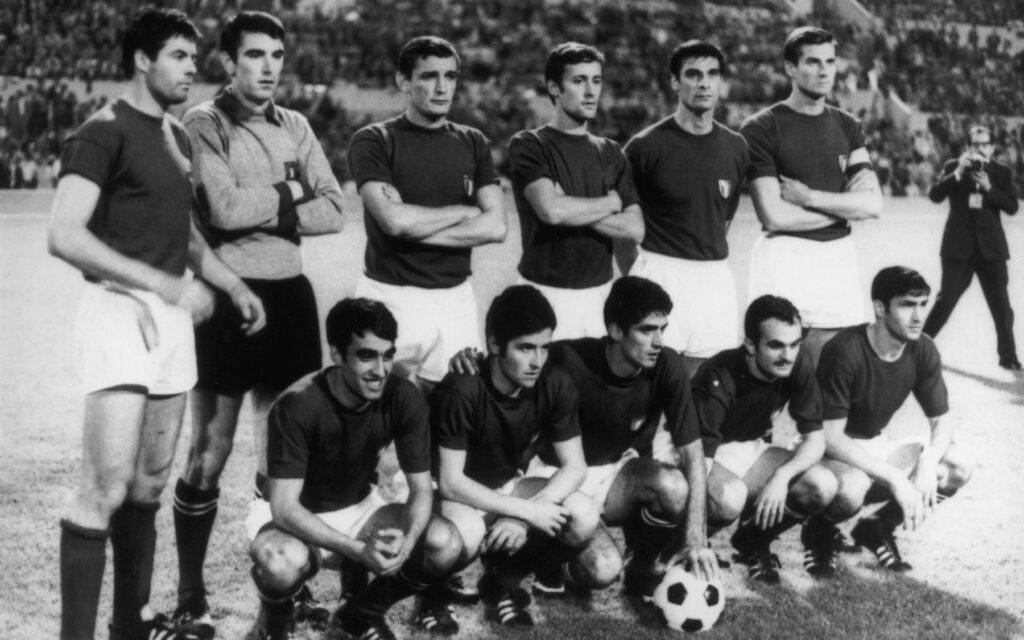
Italy is a country full of strong local identities. Every football club is a symbol of the city and its people. Italians treats their teams as a part of their tribe, and matches are an opportunity to express your local and national pride. The Roman derby or the fierce rivalry between Inter and Milan is not only a sports rivalry. These are tribal fights that do not end with the referee’s final whistle. Paolo Maldini, an AC Milan legend, perfectly captures the essence of this approach: “In Milan I learned that you don’t win matches only with talent – you have to understand the history and the weight of the colors you wear.” Football in Italy is something more than just sport – it’s a way of being and a part of the culture identity. Fans identify with clubs that not only represent the city, but alsothe entire ideology, values, and sometimes also politics.
5. Modernity vs tradition

Although the Italian league has had to face the challenges of globalization, digitalization and the economy of sports, it still defends itself with its emotional authenticity. Italy, despite the transformations in the football world, remains faithful to its tradition and what is most important to it – emotions, locality, and history. Bruno Pizzul, the legendary sports journalist, said: „Football in Italy is like an opera – loud, dramatic and full of passion. But everyone knows their role.” Although today’s football has become global, Italian stadiums are still full of life – with a passion and authenticity that is missing in other leagues. Italians do not lose the spirit of calcio – it is still a place where the heart counts, not just money.
6. The national team- emotional unity
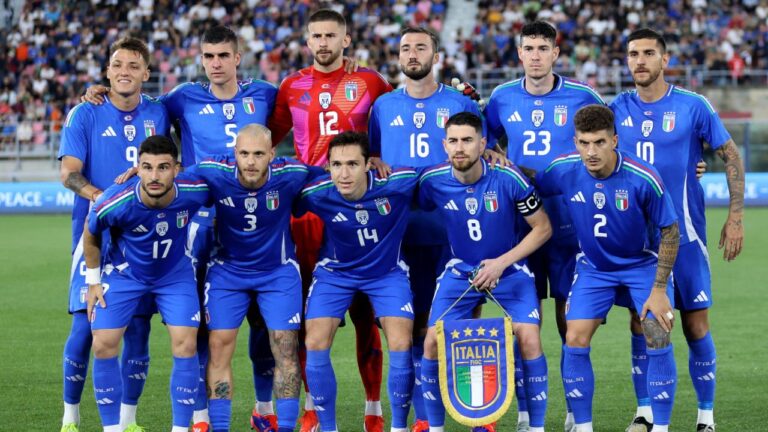
The Italian national team is more than just a football team. It is a symbol of national unity. Although Italy is a country full of political, social and regional divisions, in moments of great football triumphs, such as those at the 2006 World Cup or the 2020 European Championship. Fabi Cannavar, captain of the team that won the World Cup in 2006, said. „When I lifted the World Cup, I didn’t just see the trophy. I saw the pride of the whole country, people crying on the balconies in Naples and Turin.” The Italian national team is what unites all Italians, regardless of the region or club they support. It is a great emotion.
Febbre da stadio - summary:
calcio is love Italians don’t love football because it’s a sport. They love it because it gives them a reason to celebrate, suffer, express emotions. Because – as Totti said – they don’t play only with their feet, but with their hearts. Football in Italy is more than a game – it’s life. Or maybe, as Arrigo Sacchi observed, „the most important thing among unimportant things.”
